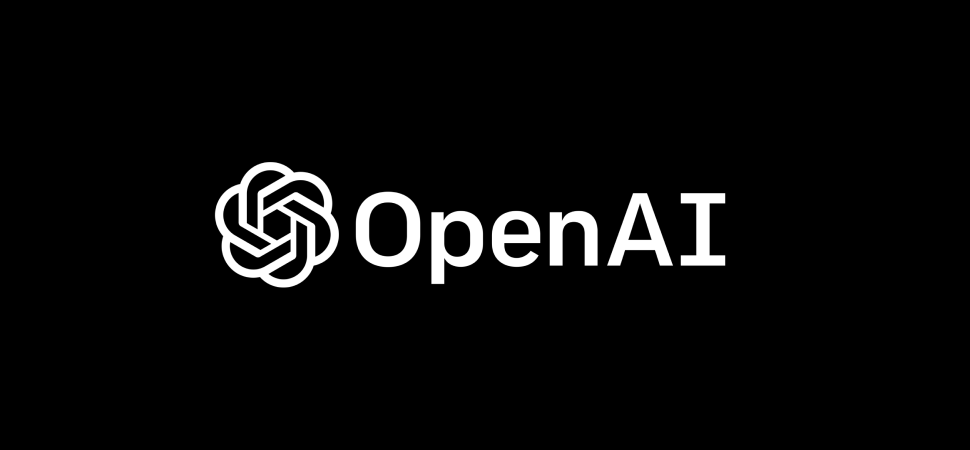
 BTC $105049
BTC $105049 LTC $84.5777
LTC $84.5777 SOL $142.797
SOL $142.797 DASH $19.8215
DASH $19.8215 XMR $307.023
XMR $307.023 ETH $2398.99
ETH $2398.99 ADA $0.578912
ADA $0.578912
The interaction between Web3 and artificial intelligence (AI) is growing, and blockchain technology is playing an important role in shaping the future of AI. With the accelerated development of AI, the need for decentralisation, transparency and distributed access to resources is becoming apparent, highlighting the importance of blockchain technology.
Industry professionals are actively addressing the challenges of centralisation in AI development by applying blockchain to create more democratic access to AI resources, ensure fair payment for participants and securely manage corporate data, aiming to change AI towards a more equitable future.
A central goal of a decentralised approach to AI is to ensure that AI resources, including data, models and computational power, can be accessed without being tied to specific players or organisations. This is particularly important in the context of the growing value of data and the increasing need for computation to process vast amounts of information, which may preclude many organisations from being involved in the field. A decentralised approach to AI uses technologies such as blockchain to prevent monopolisation by individual players and promote a more even distribution of resources. This helps overcome the problems associated with centralised AI systems, such as a lack of innovation and transparency, creating an environment where the contributions of a wide range of participants are valued.
Miguel Palencia, co-founder of Qtum, a blockchain platform, has just deployed 10,000 NVIDIA graphics processing units to power the Qtum Qurator AI image generator and Qtum Solstice chatbot. He emphasised the importance of giving everyone ownership of AI assets and removing the concentration of power over them. He said the centralised structure of AI development raises concerns because of the potential misuse of these tools. Decentralisation, he argued, allows for self-control and ensures that AI benefits everyone, not just a few.
The emergence of generative AI models such as GPT-3 and ChatGPT has emphasised the importance of ensuring fair remuneration for contributors in the AI ecosystem. These models use vast amounts of data from various open sources such as Wikipedia, GitHub and Reddit to train and improve their skills. However, the profits generated by these models are often not distributed to those who provided the raw data.
Recently, eight major US newspapers owned by Alden Global Capital sued OpenAI and Microsoft in New York for copyright infringement. They claim that these companies used copyrighted articles to train their artificial intelligence models without proper authorisation, which could change the reward system for news content in the age of artificial intelligence.
A decentralised approach to artificial intelligence is designed to address this problem, creating a fairer ecosystem. Using blockchain technology, it is possible to track and reward participants for their contributions to training artificial intelligence models. This approach incentivises participation and promotes a more collaborative and inclusive AI development process where participants can be compensated for their efforts.

While using open source artificial intelligence has its advantages, such as speeding up model development and providing transparency, it is not always the best option for businesses that have proprietary data. For example, industries including finance and healthcare typically deal with sensitive information that cannot be openly disclosed. For these companies, a decentralised approach to artificial intelligence is a solution that allows them to participate in the development process without the risk of compromising data privacy. This approach utilises various technologies such as federated learning, differential privacy and homomorphic encryption to provide a secure contribution to the development of artificial intelligence without having to disclose sensitive information.
Using decentralised artificial intelligence platforms, companies can contribute their own data to develop valuable models and provide access to them. These models can then be used by other companies to build a network of applications and monetise them. This approach allows companies to become participants in the entire artificial intelligence ecosystem, being rewarded for their contributions without having to participate in the full development cycle.
Due to the rapid development of the AI industry, the role of decentralisation is becoming increasingly critical. The Web3 community has a unique opportunity to shape the future of decentralised AI in the coming years. It is important to create products that can fulfil the needs of millions of users outside of the cryptocurrency sphere, with an emphasis on ease of use.
During a conversation with David Jones, CEO of Athene Network, a Tier 2 solution for Ethereum with artificial intelligence integration serving nearly 4 million users, he emphasised: "The lawsuit filed by The New York Times against OpenAI and Microsoft demonstrates the growing concern among content creators about the unauthorised use of their intellectual property. This case points to the broad implications of using copyrighted material without authorisation to train artificial intelligence models that can compete with traditional sources of information. As the industry evolves, we can expect these issues to lead to tighter regulations and ethical standards, which seems to be of interest to all stakeholders."

As the merger of Web3 and artificial intelligence gathers momentum, decentralised artificial intelligence is poised to change the world we live in. By democratising access to AI resources, rewarding participants fairly and using corporate data securely, decentralised AI is creating a pathway to a future that could fundamentally change our world.
While there is some scepticism about the viability of decentralised AI, industry experts are confident of its transformative potential. In the near future, the market share of artificial intelligence could exceed 30%. We are witnessing an exciting new phase of development, and it is clear that the convergence of Web3 and artificial intelligence will continue to redefine the way we perceive and interact with the world around us.
Q: What problems does a decentralised approach to artificial intelligence solve?
A:
Q: How is Web3 contributing to the development of decentralised AI?
A:
Q: What does the future hold for decentralised AI?
A: Decentralised AI has the potential to fundamentally change the way we interact with the world around us, creating a fairer, more transparent and inclusive AI ecosystem. The merger of Web3 and AI marks a new stage of development where AI serves the whole of society, not a select few.
0 Comments Found